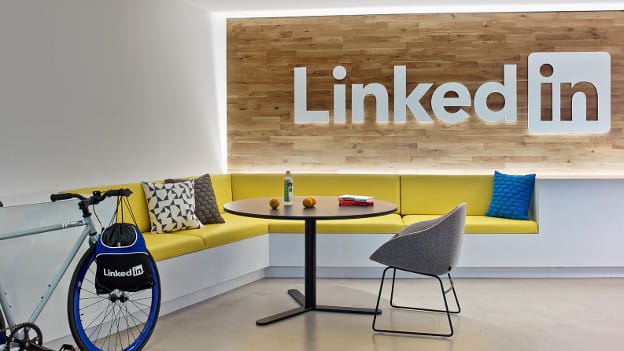LinkedIn Data to be available to Startups: Impact on HR Tech Industry

In a bid to determine how much control social media platforms can have on data and information that users have categorized as “public” (alluding to the dispute between HiQ and LinkedIn), a US federal judge has ruled that Microsoft Corp's LinkedIn unit cannot prevent startups from accessing public profile data as reported by Reuters .
The dispute between HiQ Labs and LinkedIn started in May this year when LinkedIn issued a letter to HiQ Labs instructing the startup to stop scraping data from its service — HiQ had been using LinkedIn data to build algorithms capable of predicting employee behaviors. HiQ Labs responded by filing a lawsuit against LinkedIn in June, alleging that the Microsoft-owned social network was in violation of antitrust laws. And now, according to the new ruling, LinkedIn will have to remove any technology that is preventing HiQ from accessing public profiles within 24 hours.
LinkedIn has allegedly announced they will challenge the decision. While this ruling will potentially only apply to start-ups in the US, it has the potential to generate tremendous implications for HR technology startups globally – from recruitment to engagement.
Firstly, recruitment industry has been disrupted by technology for the last decade which has changed its landscape completely. According to Staffing Industry Analysts, the recruitment industry is estimated to become $400 billion by 2020. First movers in digitizing the recruitment process were major vendors like LinkedIn, CareerBuilder, Monster, SEEK, Zhilian, 51job, Naukri, StepStone, Dice Holdings and Glassdoor globally. Their barriers to entry were the databases that they have been building over the years.
With public data being extremely useful for identifying qualified candidates quicker, predicting hiring needs, determining willingness of candidates to change jobs etc., the new ruling can change the competitive landscape once again as any data that the user tags as public will have to be made available.
Not only recruitment industry, but the rest of HR Technology startups will also benefit from access to such data. The availability and access to behavioral data can be used for training, coaching, culture, employer brand sentiment — the use cases of these data are countless. With investments in HR technology soaring, the use of such data can give impetus to HR tech investments.
According to a report by CB Insights, a global analytics firm, globally, $1.98 Billion funding has been made in HR tech space and the investments in HR technology were projected to reach $2,395 Billion by the end of 2016 (In 2015, it was $2,472 Billion), alongside a projected 15 percent increase in deal activity. HR tech deal activity had already reached record levels last year, with over 100 deals in each of the last 3 quarters. Year-to-date, there has been $1.96B invested across 350 deals in HR tech companies as of 10/27/16.
Although the case dictates just how much control companies have over publicly available data that is hosted on their services (in the US), it is to be seen as to how the implications unfold in the coming months.


















